
ACS Institute 2026: Decolonization Strategies and Memory Work in Popular Culture
Association for Cultural Studies
April 20-25, 2026
Format: In-person
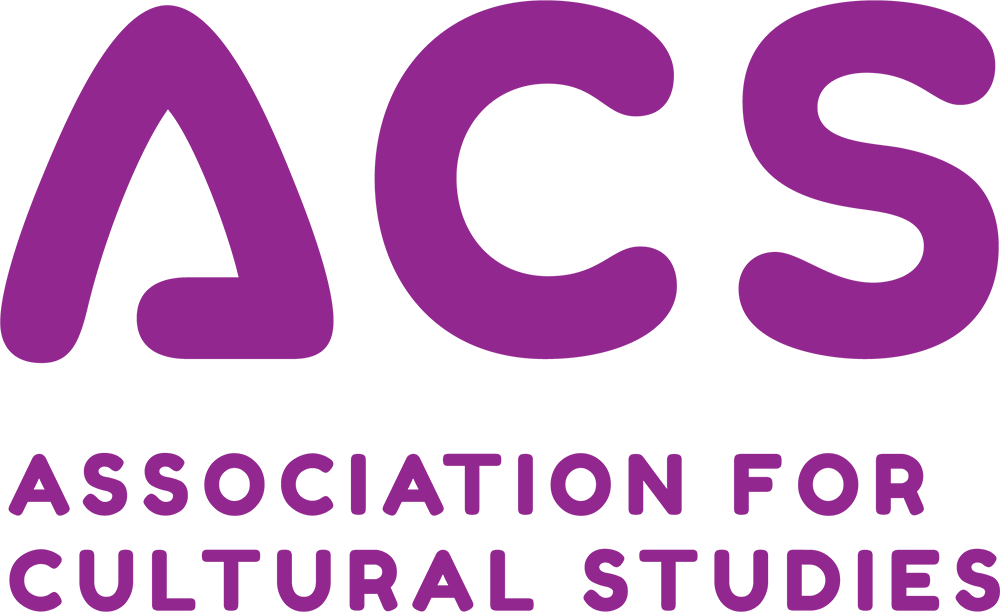
Institute Concept
Hosted by the Centre for Cultural and Religious Studies at the Faculty of Social Sciences, University of Ljubljana, Slovenia, the 2026 ACS Institute is designed to offer a platform for developing new perspectives on the impact of contemporary popular culture as a generator of transmedia imaginaries that are entangled with different – and often competing – positionalities, inequalities, struggles, and perceptions of time, space, and place. More specifically, the 2026 ACS Institute addresses popular culture as a vibrant site of decolonial practices, many of which are inextricably linked to memory work – conscious, but non-essentializing engagement with collective and individual memory as an impactful dimension of individual and collective identification and agency.
As a site of increasingly networked and decentralized meaning and feeling contestation, negotiation, and transformation, contemporary popular culture is significant to the unfinished project of epistemic decolonization. By epistemic decolonization, we refer to the articulation of the diversity of cultural practices, forms, processes, and regimes of production, circulation, and consumption that disrupt colonial imperatives, such as Western claims to the universality of knowledge. Additionally, epistemic decolonization refers to the examination of the complex entanglements of cultural production with the (neo)colonial economic, political, epistemological, and cultural paradigms that contribute to the proliferation of injustice, inequality, and violence.
The 2026 ACS Institute offers fresh interdisciplinary research and pedagogical approaches related to the above thematic issues and relevant sociopolitical phenomena. The Institute is envisioned as a 5-day event, comprising a 2-day symposium, 3 days of intensive thematic and methodology-focused workshops, and a rich accompanying cultural program designed in collaboration with the Slovenian Cinematheque and benefitting from Ljubljana’s vibrant and dynamic public graffitiscape.
Application and Fees
Application deadline extended to
November 30, 2025
Registration fee
300-340 €
The fee includes ACS membership and covers participation in the accompanying program, as well as two dinners and five lunches.
Program
In the context of the current geopolitical struggles between the US and China, Europe and Russia, as well as the wars in Gaza and Ukraine (cf. Gržinić 2024; Latysh 2024; Tlostanova 2025), advancing the project of epistemic decolonization is of vital importance to reclaiming hope and radically re-imagining futures.
The Institute will offer lectures, seminars, roundtables, and workshops for participants to spend the week learning from one another. We welcome postgraduate students, postdoctoral researchers, and advanced scholars worldwide to share their ongoing projects with various disciplinary backgrounds: cultural studies, media an d communication studies, cultural sociology, literary studies, film studies, visual cultural studies, cultural anthropology, political philosophy, and related disciplines are all welcome. The ACS Institute 2026 will feature, but is not limited to, the following three interconnected dimensions: (1) Remembering as Resistance, (2) Decolonization Strategies and Research Methodologies; and (3) Inter- and Transmedia Memory Work.
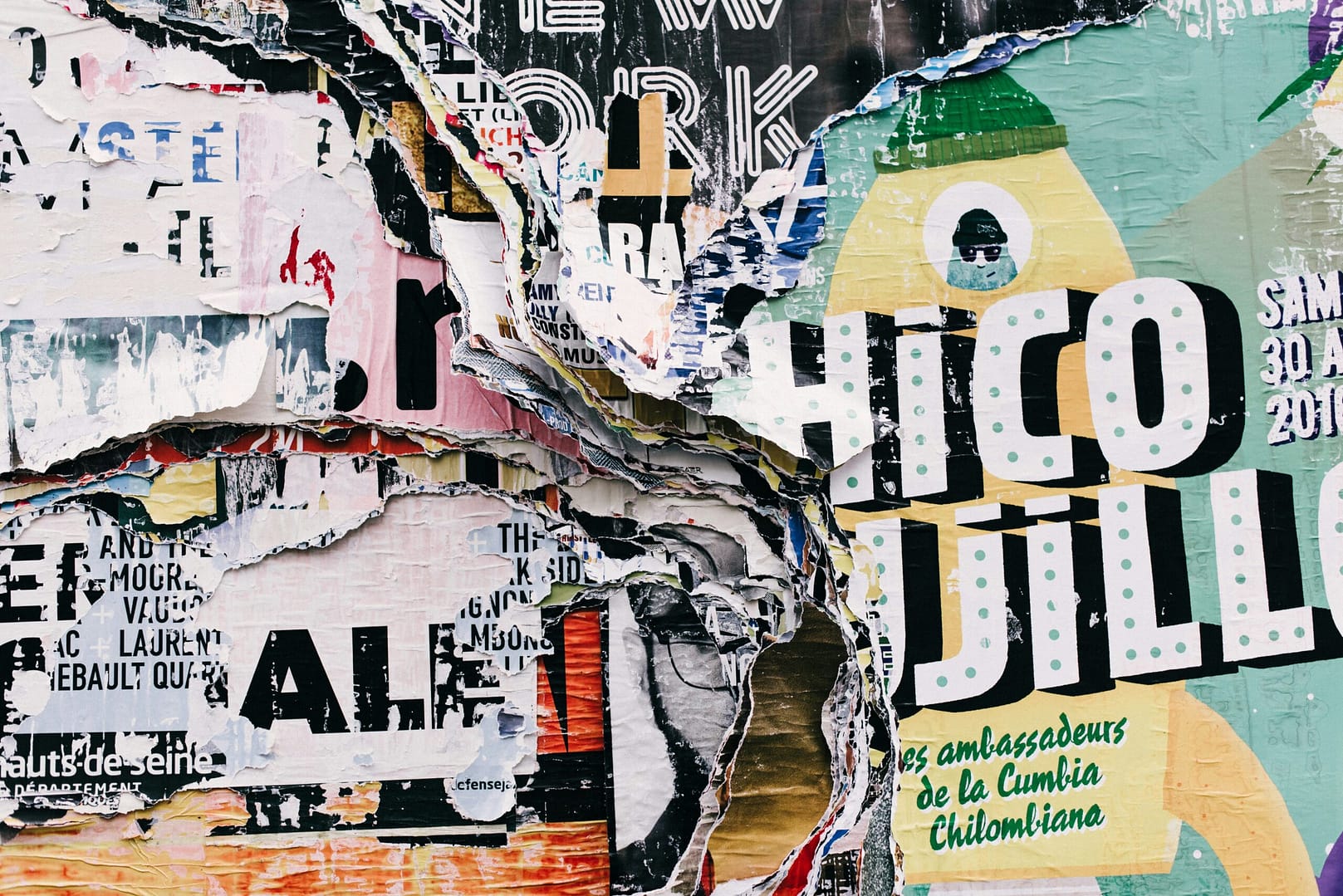
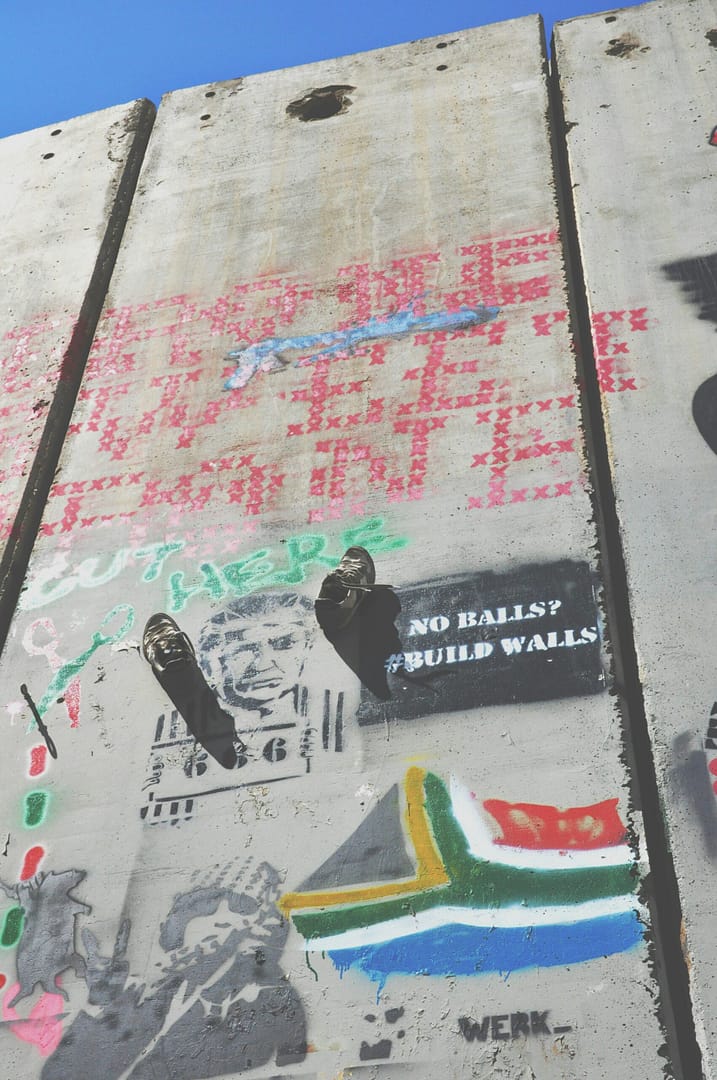
(1) remembering as resistance
Special emphasis will be placed on the idea of popular culture as a site where collective memories are harnessed for acts and strategies of resistance against hegemonic ideas and narratives that connect the past and the present to offer blueprints for the future. Case studies of the proliferation, cohesive force, and multiscalar and multi-sited impact of peripheral and marginalized memories will be presented and discussed to articulate disjunctures and connections between decolonial projects in various geopolitical contexts. Popular-cultural phenomena ranging from celebrities and narrative templates to aesthetic trends will be discussed in relation to the (re)construction of collective memory in communities, environments, and times characterized by overlapping crises and endless political, socio-economic, and theoretical transitions.
(2) Decolonization Strategies and Research methodologies
Popular cultural production, circulation, and reception circuits and practices do not neatly map onto categories like the nation-state. This presents both a challenge and an opportunity for researchers and educators seeking to understand, grasp, and explain modern cultural processes and their broader impact. Workshops and discussions will foreground the role popular culture from and on various global, regional, and national socioeconomic and political “peripheries” plays in the construction of belonging, identification, community, and a sense of the future by referring to memory. They will explore how decolonization practices are defined and established in popular culture across peripheral and semi-peripheral contexts, such as the Global South, Eastern Europe, the Middle East, Asia or migrant and minority communities. This broadly decolonial gesture aims to open up and address urgent epistemological, data-collection, analytical, and science-communication challenges related to doing cultural studies “on the (semi-)peripheries”. Topics related to popular-cultural production and reception (ranging from South-Eastern European reappropriations of vaporwave and reconstructions of communist pasts in video games, to the transnational political mobilization of murals and graffiti) will be foregrounded, alongside a focus on the politics of representation (including topics like the representation of women and minorities in current and past technoimaginaries, the politics and aesthetics of cuteness, and peripheral celebrity studies). Additionally, attention will be dedicated to strategies useful for conducting research across media and national borders, and combining analogue and digital data collection, processing, and analysis methods.
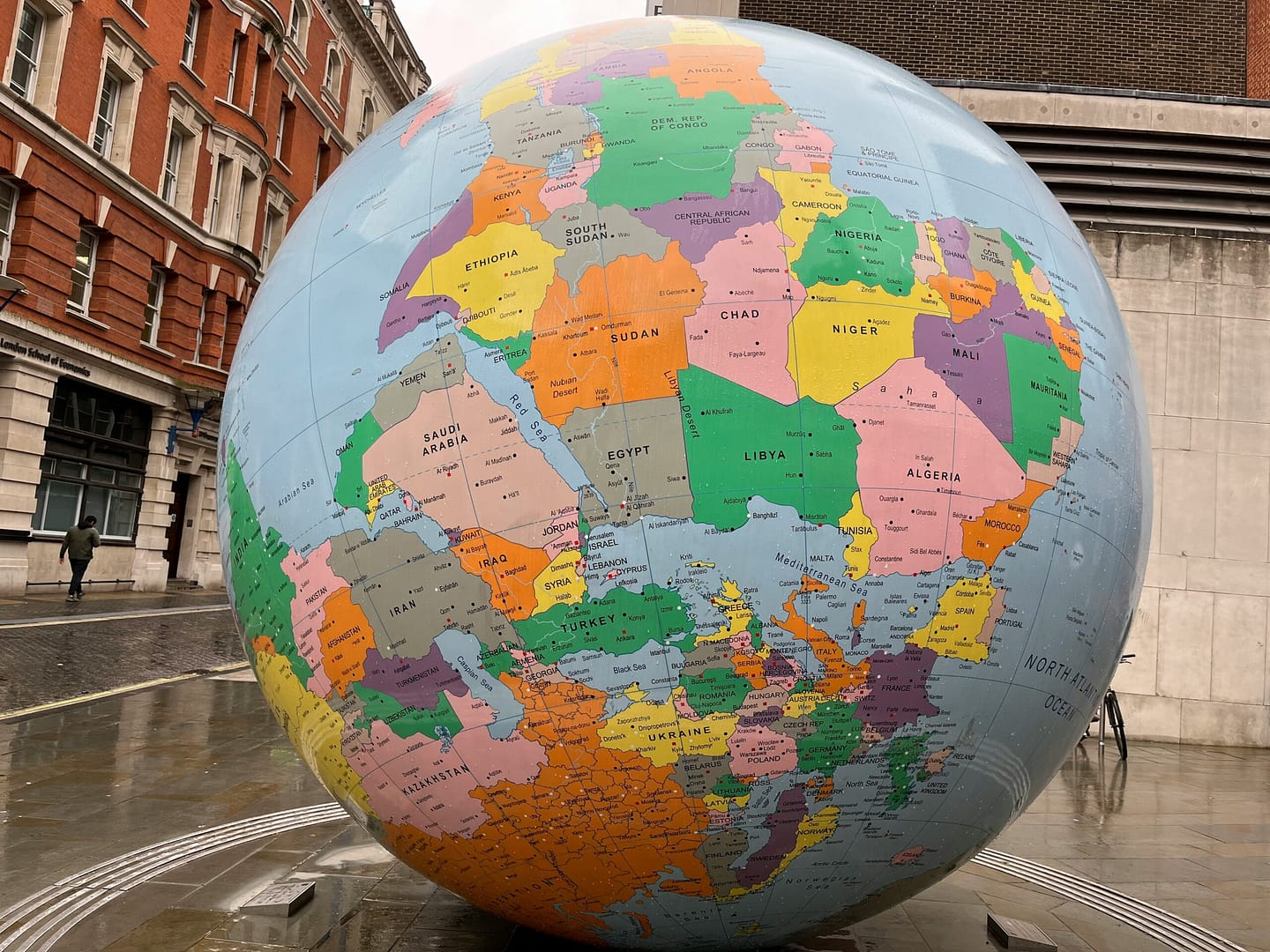
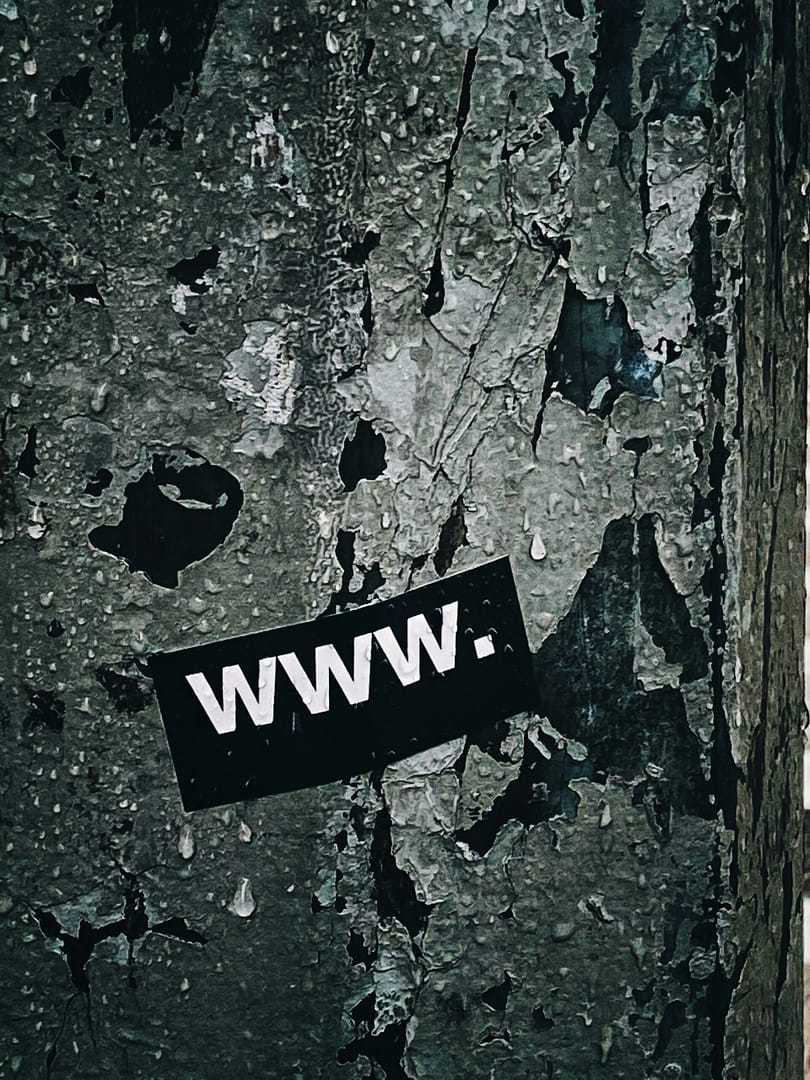
(3) Inter- and Transmedia Memory Work
Memory work, the act of purposeful staging and restaging of memory (Kuhn 2000) that “undercuts assumptions about the transparency or the authenticity of what is remembered, taking it not as ‘truth’ but as evidence of a particular sort” (Kuhn 2000: 186), has been examined as a powerful tool for reclaiming synchronic and diachronic agency, and therefore also for developing accountability and engaging with ideas like solidarity, care, and implication. In the context of popular culture, memory work does not only entail individual and collective engagement with representations of history. Popular culture engages with memory work in the contexts of content production, circulation, and consumption; in all these contexts, memory work increasingly involves drawing on extant imaginaries of the past distributed across various platforms and media (transmedially). Additionally, memory work involves working at the intersection of different media and texts (intermedially and intertextually) to access, reappropriate, and creatively reuse the past. Relevant cases of such memory work will be presented and interrogated, demonstrating the impact of the dynamic field of popular culture on the construction of both hegemonic and decolonial mnemonic imaginaries.
Registration Fees
- ACS Institute registration fee: 300€/ 315€/ 340€
- ACS membership fee (included in the ACS Institute registration fee): 10€/ 25€/ 50€
The ACS membership fee depends on the participant’s income level (under 10.000 EUR per year / 10.000-20.000 EUR per year / over 20.000 EUR per year). All Institute attendees must hold a valid ACS membership to attend. Current ACS members are eligible for registration fee reductions that correspond to the membership fees listed above.
Participants who are ACS members and are affiliated with institutions from underrepresented regions may choose to apply for the ACS Assistance Fund, which may (if selected) cover part of the registration and travel expenses. Detailed instructions on how to apply will be provided after the selection of Institute participants.

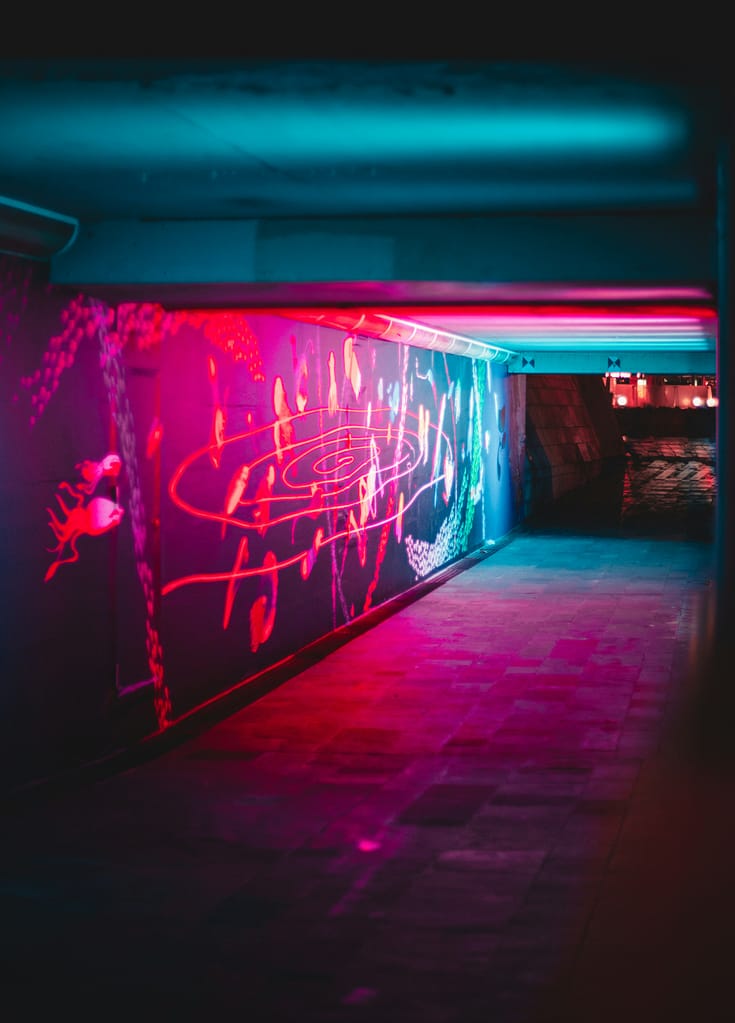
Call for Participants
We welcome postgraduate students, postdoctoral researchers, and advanced scholars worldwide to share their ongoing projects with various disciplinary backgrounds: cultural studies, media and communication studies, cultural sociology, literary studies, film studies, visual cultural studies, cultural anthropology, political philosophy, and related disciplines are all encouraged to apply.
